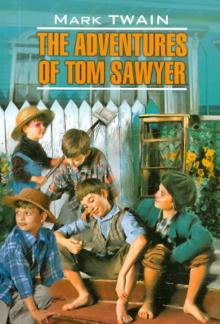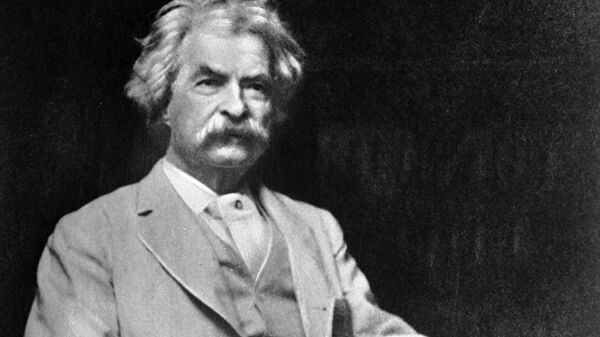Организационный этап: Учитель настраивает учащихся на урок английского языка, приветствует их, проверяет их готовность к уроку. Учащиеся приветствуют учителя, отвечают на его вопросы. (Развитие умения отвечать на вопросы, вести диалог с учителем, развитие умения настроить себя на работу)
- Good morning students! - Good morning! - How are you today? - I'm ... (fine/well/...) (ответы детей) - So, I see, you are in a good mood and ready to work.
Определение темы урока, мотивация учебной деятельности учащихся: Учитель задает вопросы учащимся, помогающие выявить, о чем пойдет речь на уроке, читает текст на аудирование, организует работу детей в группах. Учащиеся анализируют картинки, делают выводы, отвечают на вопросы учителя, выполняют задание на аудирование с целью понимания необходимой информации, формулируют тему урока. (Развитие умения анализировать, обобщать, делать выводы, умения отвечать на вопросы, слушать и анализировать ответы других, умения воспринимать на слух небольшой текст монологического характера)
- You are divided into groups of 5 pupils. For each right answer teams will get a point. The winners will get excellent marks for their work. Look at the screen. Suggest what we are going to speak about.
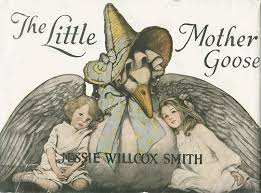 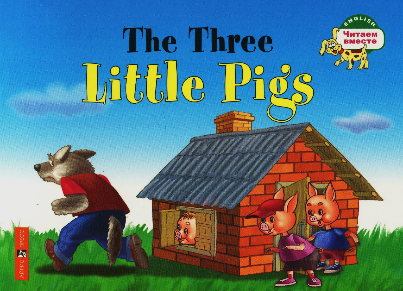 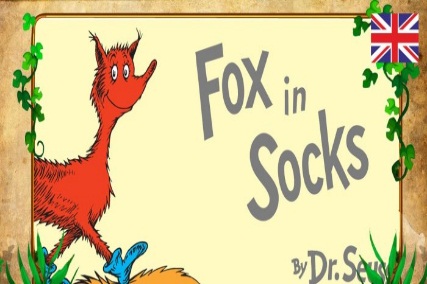 (ответы детей) - Good, we are continuing to speak about English literature. It is so various. We have spoken about different English writers. Now let's listen to the text about English folklore: poems and tales. Listen to the text and answer if the statements below are True or False. Текст: The English word "folklore" means "folk wisdom". "Song of Mother Goose" is the most famous book in the English-speaking world. Here you can find funny poems, songs, proverbs, riddles, rhymes. For the first time all of them were collected and published in England in 1760 by John Newbery, and since then, "Mother Goose" is published every year. It is interesting that English children's songs originally were intended for adults. English fairy tales can be divided in some groups such as animal tales, fairy tales and household tales. The best known English tale is "The Three Little Pigs." In 1936 it was first published in translation by S. Mikhalkov. The most of the tales are magic. In such fairy tales as "The Beast of Windelstone gorges", "Reed Hat", "Great Dreglin Hogni" we can meet fairies, elves, giants, dragons. In everyday tales heroes are ordinary poor people who win in arguing and fighting with the rich and unfair rulers. Folk tales attract children's attention with its bright emotional telling about the events of the real world and the fantasy world, offering images that they enjoy, teaching to distinguish good and evil. Утверждения: 1. The English word "folklore" means "folk wisdom". (T) 2. "Mother Goose" is published every two years. (F) 3. "Songs of Mother Goose" is a book only of songs. (F) 4. "Mother Goose" originally was intended for adults. (T) 5. English fairy tales can be divided in 5 groups. (F) 6. The most of the tales are magic fairy tales. (T) 7. "The Three Little Pigs" was first published in translation by K. Chukovskiy. (F) 8. In everyday tales heroes are animals. (F)
- Time is over. Give me your papers and look at the screen to check yourselves. Team 1 gets ... points for right answers, team 2 gets ... points.
| 









